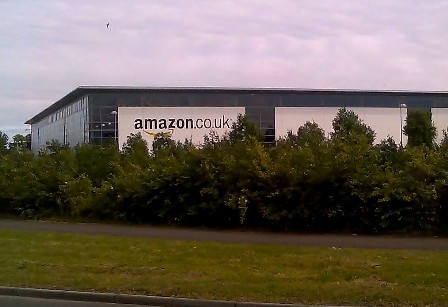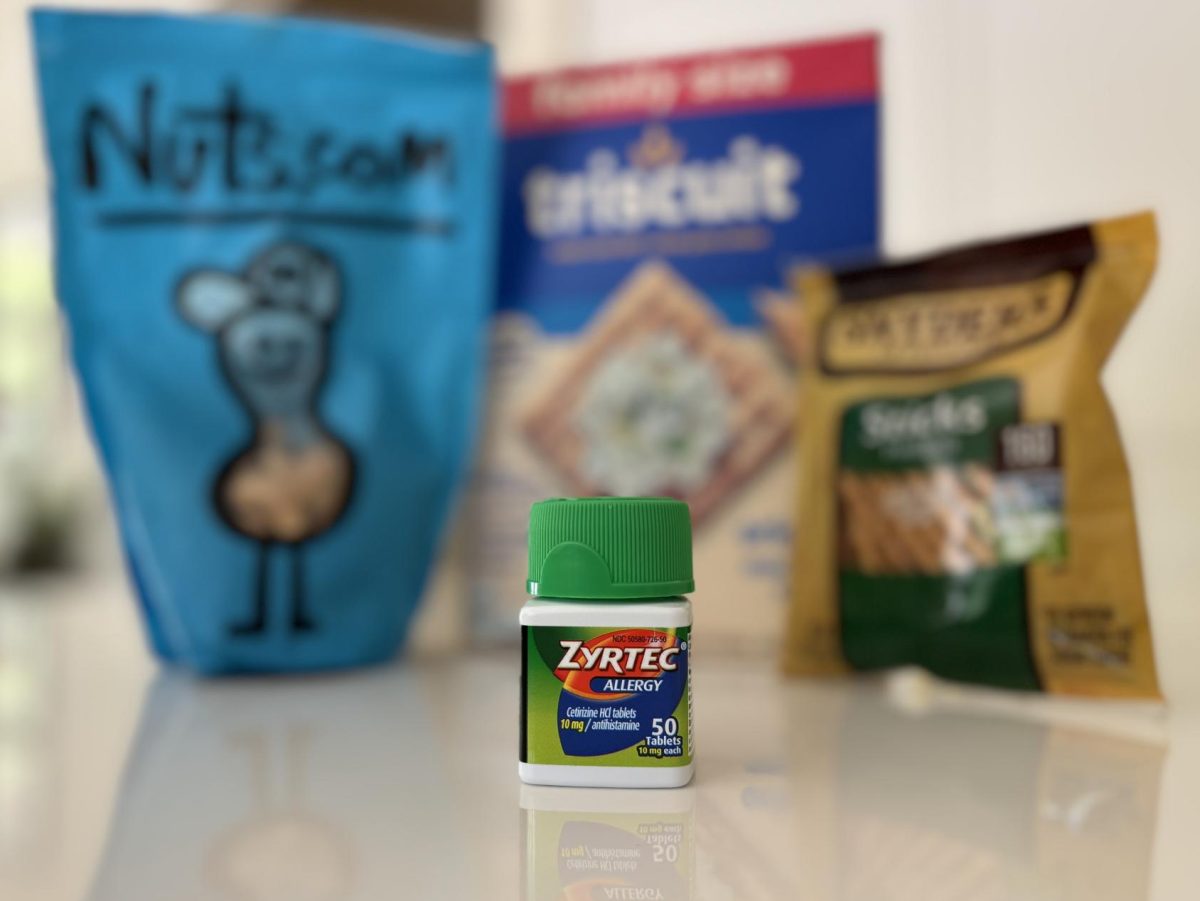Amazon CEO Jeff Bezos disclosed a new, futuristic means of delivery: Prime Air . Using this system, customers of the largest online retailer will be able to see products up to 5 pounds in weight — 86 percent of Amazon’s inventory according to Bezos— fly to their doorstep in just 30 minutes. According to Bezos, the system, which is still in the process of being approved by the Federal Aviation Administration, could be operational “optimistically” within four to five years.
[soundcloud url=”https://api.soundcloud.com/tracks/106767634″ params=”color=ff5500″ width=”100%” height=”166″ iframe=”true” /]
Let’s think about that timeline: In four to five years, many of us will be finishing our undergraduate programs, moving away from the somewhat sheltered college environment into the workplace or graduate school. Do we want our graduation gifts to be thousands of drones — each equipped with cameras according to the Sydney Morning Herald —possibly spying on our movements and being more than able to relay information to the National Security Administration’s nearly limitless data centers? Considering the lack of transparency involved with private data changing hands, evidenced by AT&T’s assertions that it need not disclose NSA cooperation to anyone else, we would be well-advised to limit Uncle Sam’s search for our data. Our morning jogs could be monitored without our knowledge or consent, and with drones on large-scale delivery duty, scarcely one square kilometer of this country could escape the eyes of unmanned aerial vehicles. Even if you have nothing to hide, the proposition violates the privacy protections core to our national identity.
Convenience helps all of us as consumers. Online orders appearing at our doorstep within 30 minutes will facilitate the traditionally cumbersome and costly ordeal of shopping and fundamentally change the way we shop. But with the potential for abuse so great, we must ask ourselves, as future adult citizens of the first nation dedicated to the advancement of fundamental rights, “are we ready to make these sacrifices? To which we must answer unequivocally, “no.”











